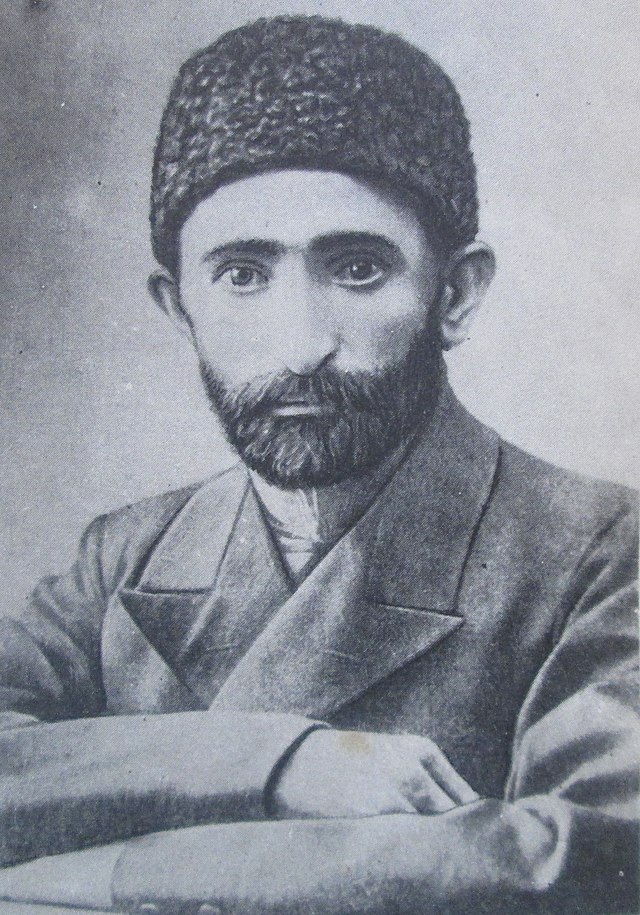Mirza Ali-Akbar Sabir: Difference between revisions - Wikipedia
 Article Images
Article Images
Content deleted Content added
HistoryofIran 95,130 edits |
HistoryofIran 95,130 edits |
||
Line 45: According to the modern Iranian historian Hasan Javadi; "In the art of poetic satire Ṣāber surpasses all others in Azerbaijani literature." As noted by Sabirs friend and writer [[Abbas Sahhat]], a literary literature in Azerbaijani literature was sparked by Sabir. After him, very few people desired to return to the traditional form of Azerbaijani poetry because of the stark contrast he made between that and its modern variant. In addition to using new themes and topics, Sabir also used new, poetic language that worked together with the topics he wrote about. His vocabulary was very different from the formal language of the previous poets in that it was informal, witty, and energetic. The distinguished Iranian lexicographer and satirist [[Ali-Akbar Dehkhoda]] wrote that "Ṣāber was a great innovator in Azerbaijani literature. He was a child of one night who traveled the way of one hundred years, and surpassed the thoughts and the writers of his age by centuries. He was incomparable in depicting political and social problems."{{sfn|Javadi|2020}} During the [[Persian Constitutional Revolution|Iranian Constitutional Revolution of 1905–1911]], in the defensive lines of Tabriz, the Constitutionalists chanted Sabir's political satire. Sabir's writings were openly translated or modified by the Iranian poet and journalist [[Seyed Ashrafedin Hosseini]] for his newspaper ''[[Nasim-e-Shomal]]''.{{sfn|Javadi|2020}} Compared to the European ''[[avant-garde]]'' and its small circle of Turco-Persian followers, Sabir's poetry had a bigger influence on poetic innovation across the Muslim communities of South Caucasus, Iran, and Central Asia.{{sfn|Hodgkin|2023|p=45}} == References == | |||